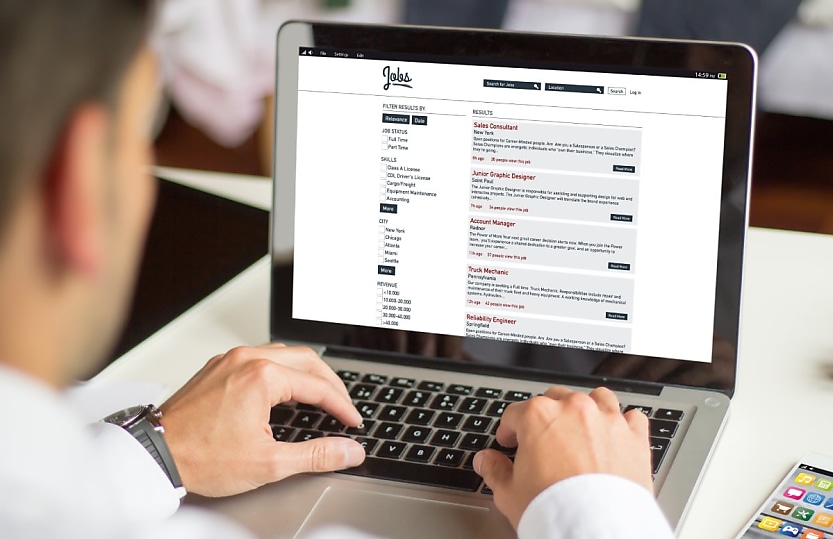Most pay rises next year ‘will fail to match CPI’

The premium for changing jobs is falling and staff are becoming more risk-averse, recruiter says.
Six out of 10 accounting employees can expect to get pay rises in 2024 but only a minority will be above the rate of inflation, according to the latest survey by recruitment company Robert Walters.
Its research also found more than 70 per cent of accounting and finance professionals would be looking for a job opportunity next year but they could expect lower premiums to switch of up to 10 per cent, compared with the 20-30 per cent increases seen in 2022.
Robert Walters CEO Australia and New Zealand Shay Peters said the skills shortage and tight labour market would still hamper productivity but the mood among staff had changed.
Around seven out of 10 employees were confident about opportunities in their sector but the number who felt very confident had halved in the last two years to just one in six.
“When asking themselves the question, ‘Should I stay or should I go?’ employees are increasingly weighing up the risks versus the rewards, as increases are likely to be much lower,” he said.
“As pay expectations moderate employees are increasingly valuing job security and career development opportunities.”
The survey found this year had delivered an uplift in accounting and finance graduate salaries, driven by heightened demand for five years' post-qualified experience.
Winners in the year to September also included financial accountants, with average increases above 11 per cent for a salary range of $160,000-$220,000, while losers included accounts payable officers with a zero increase and range of $80,000-$90,000.
The three most in demand tax professional roles were senior financial accountants, finance managers and Big 4 external auditors.
Mr Peters said companies were looking to AI to deliver improvements in productivity and automation was making its mark, particularly in transactional finance areas such as accounts payable.
This trend was also making more professionals risk averse when it came to changing jobs.
Convergence on pay was paralleled by increased agreement on office time, with flexible working morphing into more rigid models.
“There’s increasing alignment between employers and employees in terms of both pay and flexible and hybrid working conditions, a marked change from last year’s survey,” he said.
The survey found both parties were now meeting in the middle with employers more comfortable about work from home and employees recognising there were benefits to being in the office, such as communicating with colleagues, company culture and better career progression opportunities.
It found the preferred model for most employees (69 per cent) was two to three days per week in the office and only 15 per cent of organisations expected four days a week or more.
As many as one-third of organisations were also considering a pilot or transition to a four-day working week based on full pay as long as productivity was maintained.
The seriousness with which employers were considering AI for improving productivity was another strong theme, Robert Walters said, with 44 per cent planning to start using AI to replacing routine tasks next year.
“AI will have a profound effect on some roles and employees will need to reskill so that they can concentrate on performing higher value tasks instead,” said Mr Peters.
The Robert Walters Salary Survey quizzed were over 1500 employers and candidates in Australia and New Zealand.
About the author







